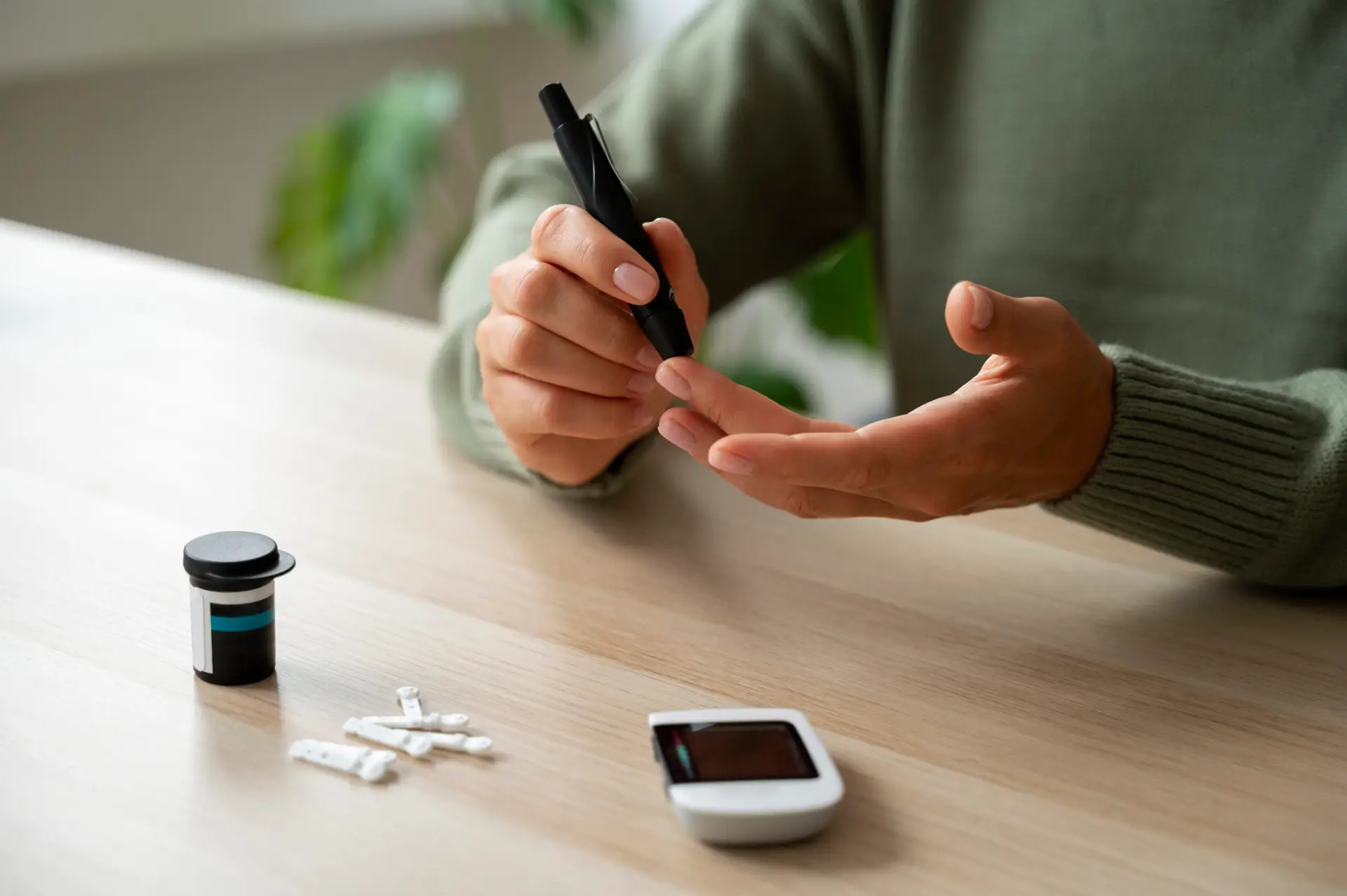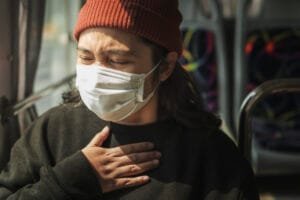Introduction :
WHO Warns Against False Drugs Used to Treat Diabetes and Lose Weight: The World Health Organization (WHO) has issued an urgent warning about the proliferation of counterfeit drugs used for diabetes treatment and weight loss. This alarming trend poses significant risks to public health, as falsified medications can lead to severe health complications and even death. In light of this, it is crucial to understand the implications of this warning and take proactive steps to safeguard health.Understanding the WHO’s Role
The WHO is a specialized agency of the United Nations responsible for international public health. Its primary role is to direct and coordinate health responses on a global scale, offering guidance, setting norms, and fostering cooperation among countries. With its finger on the pulse of global health issues, the WHO is uniquely positioned to identify and address emerging threats, such as the spread of falsified medications.The Growing Menace of Falsified Drugs
Falsified drugs are not only a threat to individual health but also undermine public trust in healthcare systems. These counterfeit medications can contain incorrect ingredients, incorrect dosages, or harmful substances, rendering them ineffective at best and dangerous at worst. The WHO’s warning highlights a disturbing trend: an increase in the circulation of these fake drugs, particularly those used to treat chronic conditions like diabetes and for weight loss.
Health Risks Associated with Counterfeit Medications
The health risks posed by falsified drugs are severe and multifaceted:- Diabetes Management: For individuals with diabetes, maintaining consistent and accurate medication is crucial. Falsified drugs can lead to poorly controlled blood sugar levels, increasing the risk of complications such as diabetic ketoacidosis, hyperglycemia, and hypoglycemia.
- Weight Loss: Weight loss medications are also at high risk of counterfeiting. These falsified drugs can contain harmful ingredients that may cause adverse reactions, and their inefficacy can lead to psychological distress and physical harm.
Global Efforts and Challenges
The WHO’s warning is not just a call to action for individual countries but also a plea for international cooperation. Combating the spread of falsified medications requires a multifaceted approach, including:- Strengthening Regulatory Frameworks: Countries need robust legal and regulatory systems to prevent the manufacturing and distribution of counterfeit drugs.
- Enhancing Surveillance: Improved monitoring and reporting systems are essential for identifying and responding to incidents of falsified medications.
- Public Awareness: Educating the public about the dangers of counterfeit drugs and how to identify them is crucial for prevention.
Steps to Protect Yourself
Individuals can take several steps to protect themselves from the dangers of falsified medications:- Purchase from Reputable Sources: Always buy medications from trusted pharmacies and suppliers. Be cautious of online purchases from unverified sources.
- Inspect Packaging: Check for any irregularities in packaging, such as misspellings, unusual fonts, or altered logos. Authentic medications typically have consistent and professional packaging.
- Consult Healthcare Providers: If you have any doubts about your medication, seek advice from healthcare professionals. They can help verify the authenticity of the drug.
- Report Suspicious Medications: If you encounter a suspected falsified drug, report it to your country’s regulatory authority or the WHO. This helps in tracking and addressing the issue on a broader scale.
Conclusion
The WHO’s warning about falsified medications for diabetes and weight loss is a critical reminder of the ongoing challenges in ensuring drug safety. As individuals and communities, it is our responsibility to stay informed and vigilant. By understanding the risks and taking proactive measures, we can protect ourselves and others from the potentially devastating effects of counterfeit drugs. The fight against falsified medications is a global effort, and with collective action, we can work towards a safer, healthier world.FAQs
Falsified drugs are medications that deliberately or fraudulently misrepresent their identity, composition, or source. This can include incorrect or missing active ingredients, incorrect dosages, or harmful substances.
The WHO issued the warning because there has been an increase in the circulation of counterfeit medications, especially those used for diabetes treatment and weight loss. These falsified drugs pose significant health risks, including ineffective treatment and harmful side effects.
For people with diabetes, falsified drugs can result in poorly controlled blood sugar levels, which can lead to serious complications such as diabetic ketoacidosis, hyperglycemia, and hypoglycemia. These conditions can be life-threatening if not managed properly.
Falsified weight loss drugs may contain harmful ingredients that can cause adverse reactions, including cardiovascular problems, gastrointestinal issues, and psychological distress. Additionally, they may be ineffective, leading to frustration and potential harm from continued use. procedure.
Some signs that a drug might be falsified include:
- Irregularities in packaging, such as misspellings, unusual fonts, or altered logos.
- Differences in the appearance of the drug itself compared to what you are used to.
- Unusually low prices that seem too good to be true. If you suspect a medication is falsified, consult your healthcare provider or pharmacist for verification.
Always buy medications from reputable pharmacies and suppliers. Avoid purchasing drugs online from unverified sources, as these are often the easiest ways for counterfeit drugs to reach consumers.
Stay informed by:
- Regularly consulting with your healthcare provider.
- Keeping up-to-date with announcements and warnings from trusted sources such as the WHO and your country’s health authorities.
- Using resources such as pharmacy verification tools and checking for updates on medication safety.
Healthcare providers can play a crucial role by:
- Educating patients about the risks of falsified drugs and how to identify them.
- Verifying the source and authenticity of the medications they prescribe.
- Reporting any suspected falsified medications to regulatory authorities.






